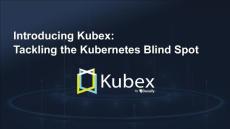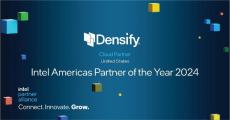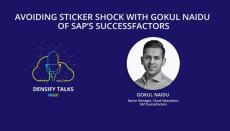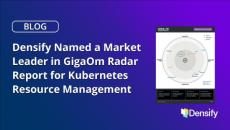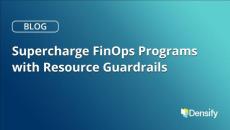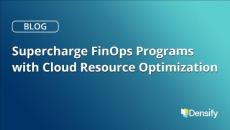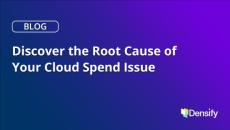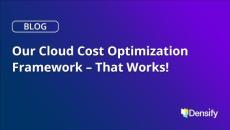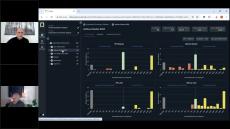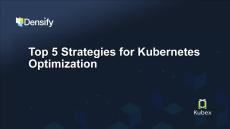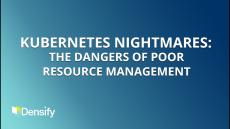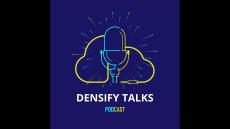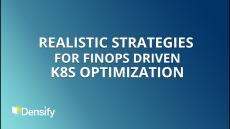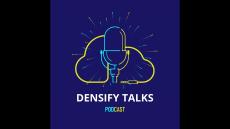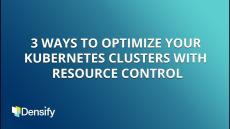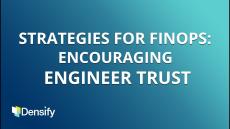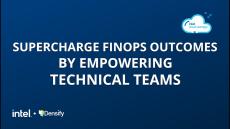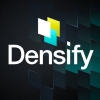Learn more and schedule a 1:1 demo at at https://www.densify.com/product/demo
Learn more and schedule a 1:1 demo at at https://www.densify.com/product/demo
- January 2025 (1)
- December 2024 (2)
- October 2024 (3)
- September 2024 (2)
- August 2024 (1)
- July 2024 (1)
- June 2024 (1)
- May 2024 (1)
- April 2024 (1)
- March 2024 (1)
- February 2024 (2)
- January 2024 (2)
- December 2023 (1)
- October 2023 (2)
- September 2023 (3)
- August 2023 (2)
- July 2023 (3)
- June 2023 (3)
- May 2023 (1)
- March 2023 (1)
- February 2023 (1)
- October 2022 (2)
- July 2022 (3)
- June 2022 (2)
- May 2022 (4)
- April 2022 (2)
- March 2022 (1)
- February 2022 (2)
- January 2022 (1)
- December 2021 (1)
- November 2021 (2)
- October 2021 (2)
- September 2021 (4)
- August 2021 (1)
- July 2021 (2)
- June 2021 (3)
- May 2021 (1)
- April 2021 (2)
- March 2021 (1)
- February 2021 (2)
- January 2021 (1)
- December 2020 (2)
- November 2020 (4)
- October 2020 (3)
- July 2020 (1)
- May 2020 (1)
- April 2020 (4)
Densify is a predictive analytics engine that removes the guesswork from optimizing cloud and container environments. Our patented technology precisely determines the resources applications and workloads require to run efficiently and safely. Leading service providers and enterprises use Densify as a foundation to drastically lower infrastructure costs, and at the same time, reduce risk and deliver better performance for their businesses.
Densify’s Unique Cloud & Container Resource Management Approach:
- Precise: Optimization is impossible without meticulously-accurate analytics that produce actions your application owners will trust and allow.
- Unifying: Policy and transparency that unify Finance, Engineering, Operations, and application owners to drive continuous cost optimization.
- Integrated: Connects with your ecosystem to feed the processes and systems required to confidently optimize.
Container Infrastructure Optimization & Control.


